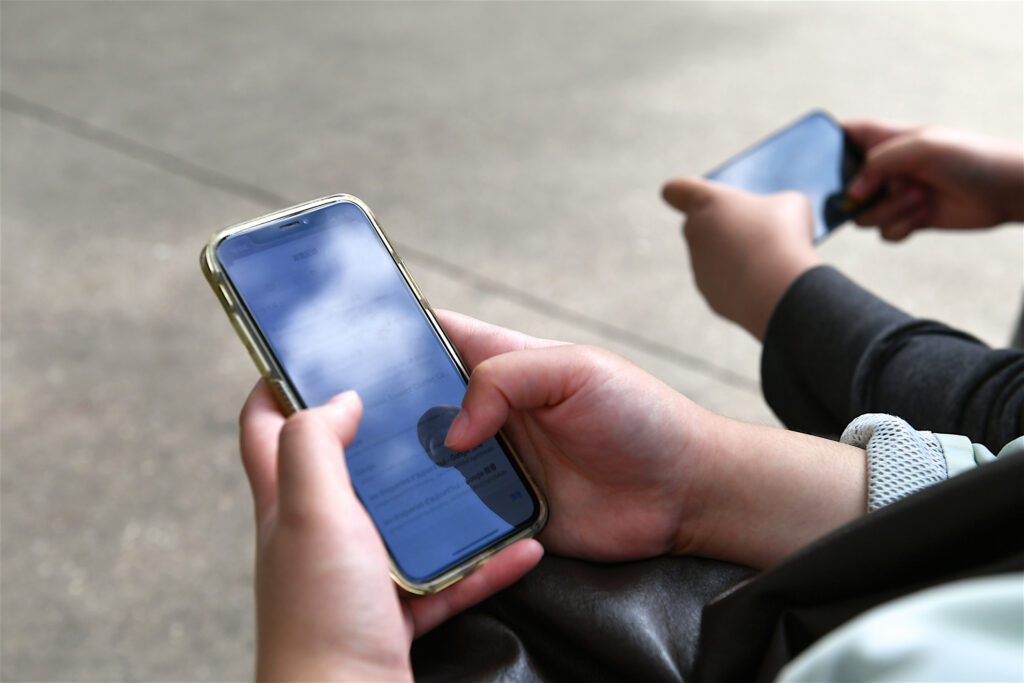Consultants Plot How to Capitalize on Thursday’s Debate, Other Big Summer Moments

The presidential debate set for Thursday is anticipated to capture the majority of Americans’ attention, with a poll showing 6 in 10 Americans plan to tune in. Practitioners believe it could be one of the key moments in the cycle.
“I think the debates are more important than ever,” said Mark McKinnon, a long-time media consultant turned documentarian. “It’s a high wire act.”
While the debate is crucial for both Presidents Biden and Trump, down-ballot campaigns will also be looking to capitalize.
“It’s really being prepared for your issue,” said Caitlin Mitchell, a newly installed SVP, Creative Strategy, at Blue State. “Is it going to come up and do you have the mechanics in place to be able to respond quickly when it does?”
Rapid response is certainly the name of the game — whether that’s campaign fundraising pitches or reinforcing key messaging moments during the debate.
“We know that being quickest out the door is often what gets grassroots donors’ attention,” said Mitchell. “And so it’s a lot of prep on the front end and then just waiting to see how things go.”
Merch is also a key component to fundraising during these events. See the Biden-Harris 2020 campaign “truth over flies” fly swatter as a prime example.
“When it comes to down ballots, I think there’s always an opportunity to execute on the right moment,” said Mitchell about a merchandise component. “There are often moments in debates that feel good at the time [to] get out the door with a sticker or a pin.”
But by he next day, she added, the conversation has moved on. “It’s just really being ready to go.”
When it comes to messaging, Mitchell is advising her clients not to address any negative moment that might come out of the verbal jousting.
“Generally, in my experience, you tend to look for as many other good or interesting or humorous moments that you can put out there,” she said. “In terms of rapid response and debates, it’s about flooding the zone. So even if there is a misstep or a misquote, if you have 10 really solid answers that you know are going to resonate with supporters” those are the ones you want distributed.
Another thing to think about is how the debate, and a candidate’s reaction to it, fit into the campaign’s overall narrative. Mitchell noted that many voters are turned off by both candidates and feel burned out by politics.
“There’s always a really beautiful story that you can tell from June to July, July to August, when you’re really starting to knock on doors, call voters, get folks signed up to volunteer,” she said. “I think that it’s wise for campaigns from top of the ticket all the way down the ballot to really focus on how they’re telling that story to their own supporters about the excitement for their candidate, the enthusiasm they’re seeing, and really make their campaign efforts feel like something that folks wanna be part of.”
On the Republican side, digital consultant Mike Hahn is cautioning clients not to dust off their 2020 playbooks for how to handle these large events. Because while the candidates are the same, voters lives have changed significantly.
“Unlike 2020, we have two presidents, current and former, debating. Americans know them both well and their positions,” said Hahn, who heads digital for Frontline Strategies. “It’s going to be up to down-ballot candidates to seize on ‘red-meat’ moments to fire up their base which is easier to do when there’s a known ‘villain.’”
